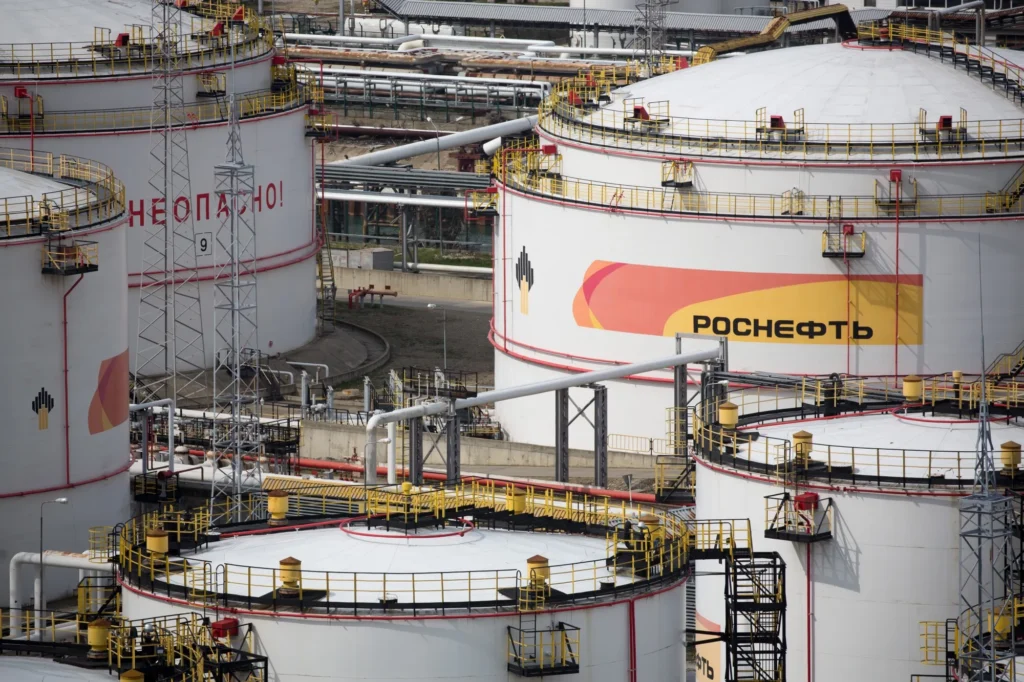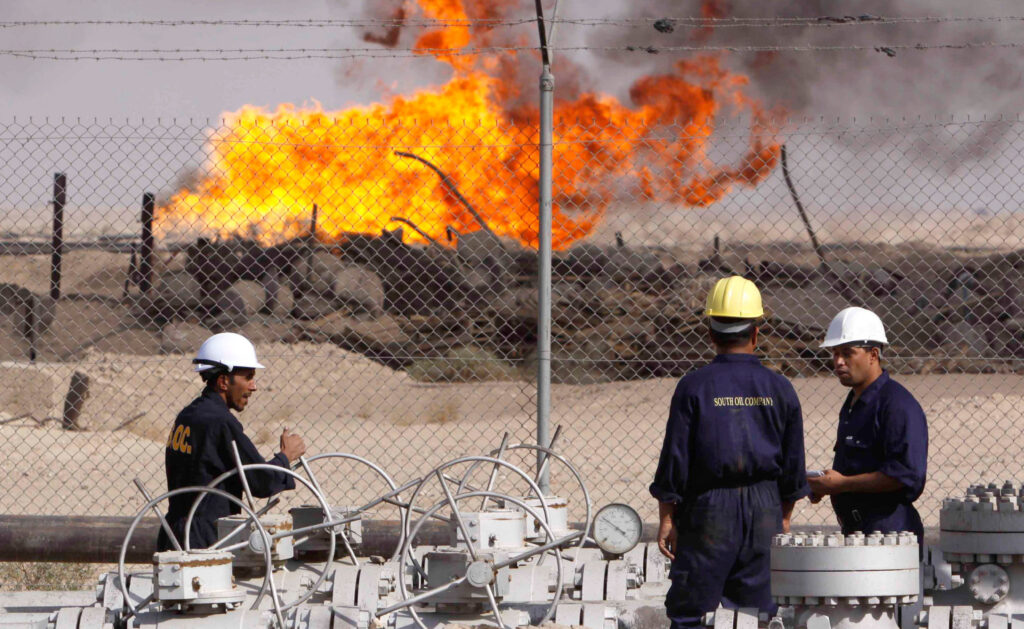Kazakhstan’s Clout in the Global Oil Sector

Kazakhstan emerges as a formidable player in the global oil sector, boasting substantial reserves and robust production capabilities that solidify its position among the world’s leading oil-producing nations. Here’s an in-depth look at Kazakhstan’s influence and power in the oil industry:
Oil Reserves and Production
Kazakhstan is endowed with significant oil reserves, estimated to be around 30 billion barrels. This substantial endowment places the country among the global leaders in terms of oil reserves. Recent data indicates that Kazakhstan’s oil production has reached approximately 2.12 million barrels per day, a record high that underscores its capability to influence global oil markets significantly.
Strategic Importance and Economic Impact
The oil and gas sector is pivotal for Kazakhstan’s economy, contributing massively to its GDP and government revenues. The government plays a crucial role in managing petroleum resources, ensuring that the sector remains a bedrock of the nation’s economic strategy. Additionally, Kazakhstan’s oil refining sector is robust, with substantial investments and expansion plans to enhance refining capacities, further bolstering its position in the global market.
Global Market Influence
Kazakhstan’s major oil fields, including Tengiz, Kashagan, and Karachaganak, are among the largest and most productive globally. These fields are operated by international consortiums that include major oil companies such as Chevron, ExxonMobil, Shell, and TotalEnergies. The country’s oil exports are vital for global energy security, supplying a significant portion of the European Union’s crude oil needs, approximately 13%. This makes Kazakhstan a key influencer in the global energy market, with the power to affect oil prices and supply chains.
Challenges and Controversies
Despite its strengths, Kazakhstan faces several challenges. The country has been engaged in high-stakes legal disputes with major oil companies over revenue sharing and operational control. For example, Kazakhstan has claimed significant damages from a consortium operating the Kashagan oil field, citing unfair revenue distribution. Additionally, Kazakhstan has frequently exceeded its OPEC+ production quotas, leading to tensions with other member countries.
Future Prospects
Kazakhstan is poised to further enhance its oil production and export capabilities. The country aims to produce over 100 million tons of oil per year starting from 2026 and is exploring options to diversify its export routes, reducing dependence on Russian pipelines. These strategic initiatives will reinforce Kazakhstan’s position as a major oil exporter and strengthen its influence in the global energy market.
Conclusion
Kazakhstan’s power in the oil sector is evident through its substantial reserves, high production levels, and strategic global exports. The country’s oil sector is a critical driver of its economy and a key factor in global energy dynamics. While challenges and controversies exist, Kazakhstan’s strategic initiatives and investments position it as a formidable and influential player in the international oil market.




















